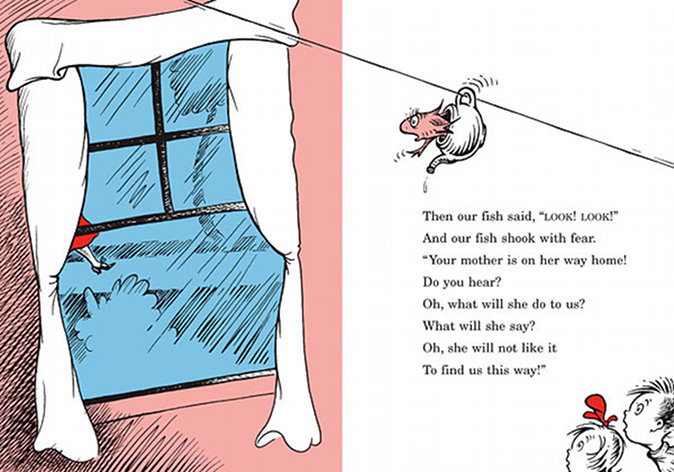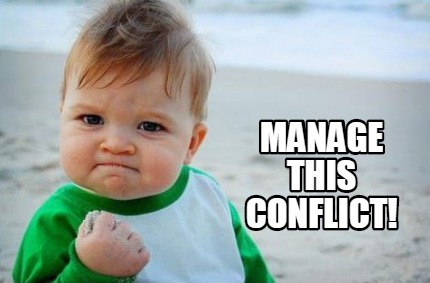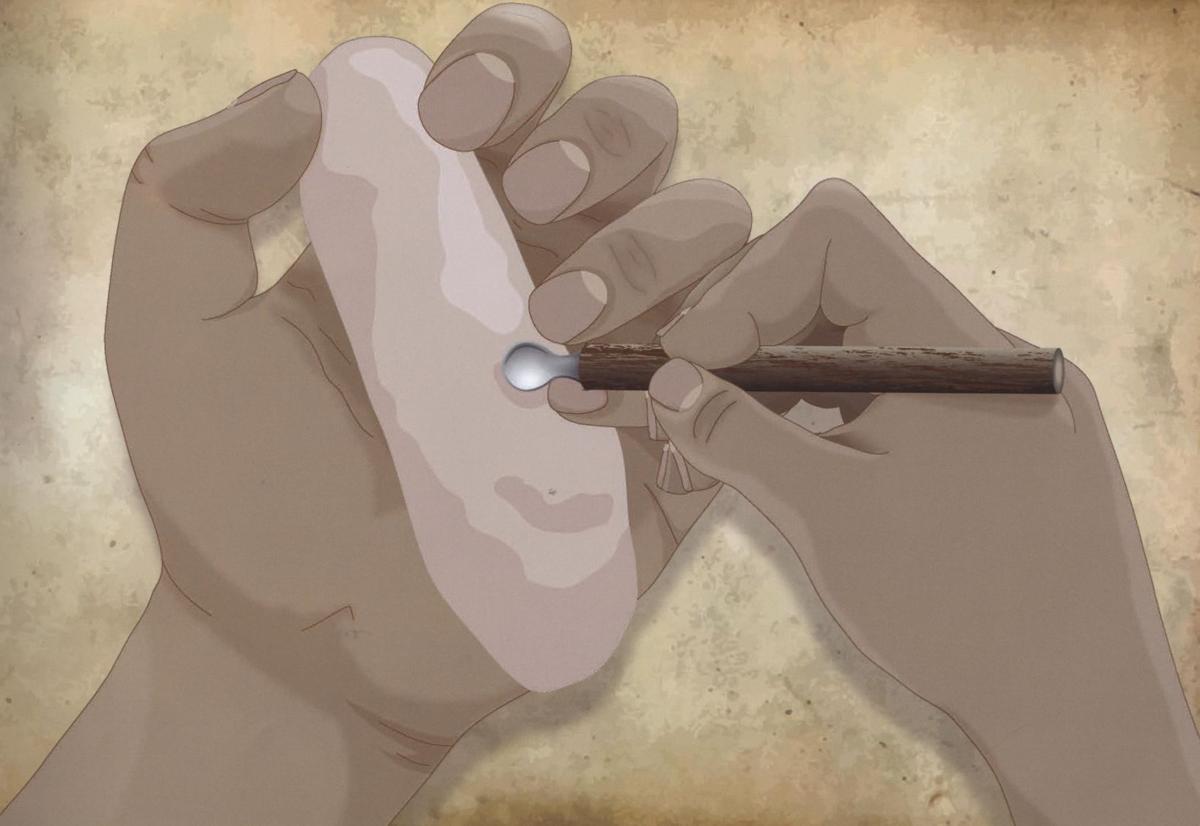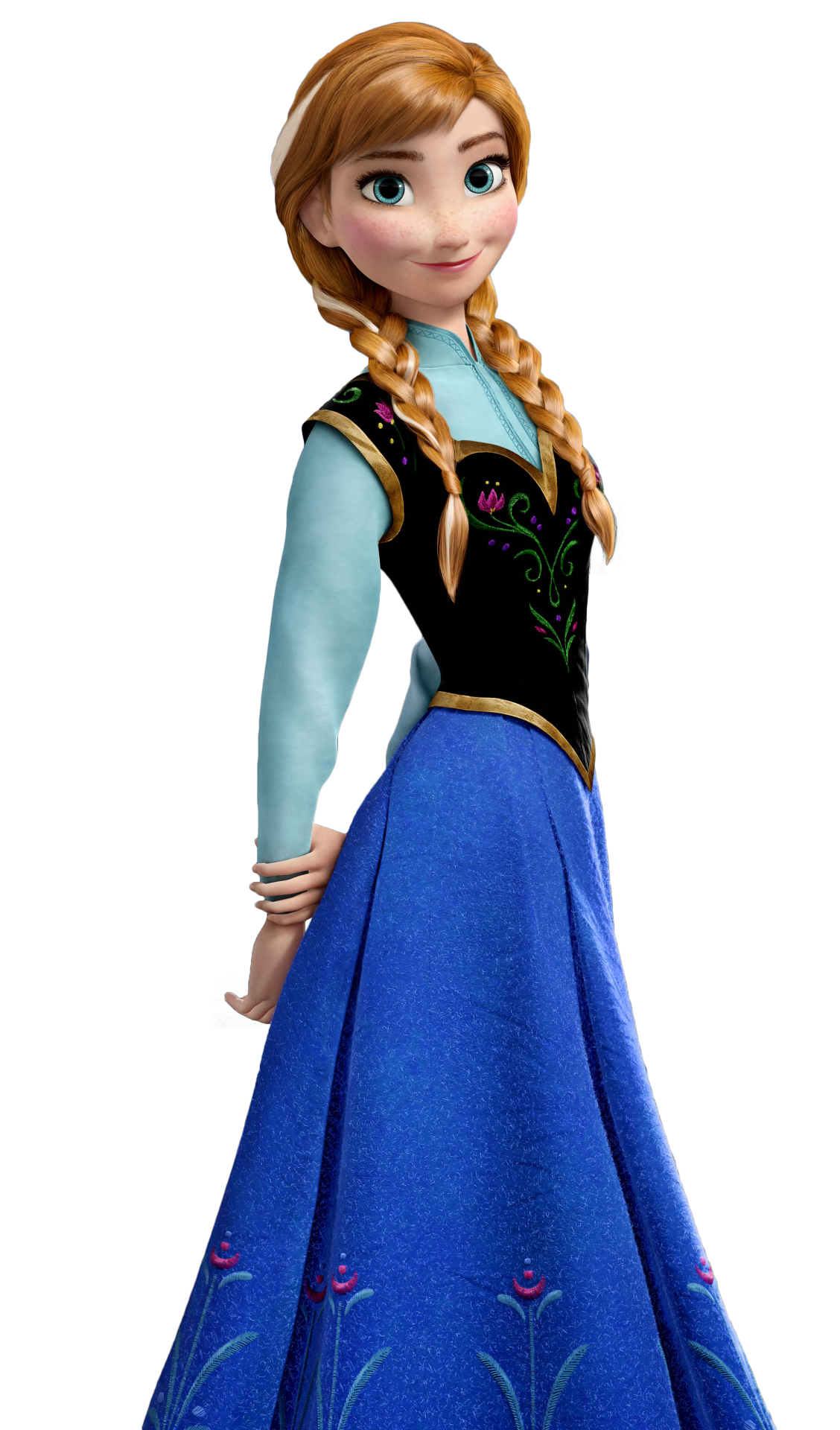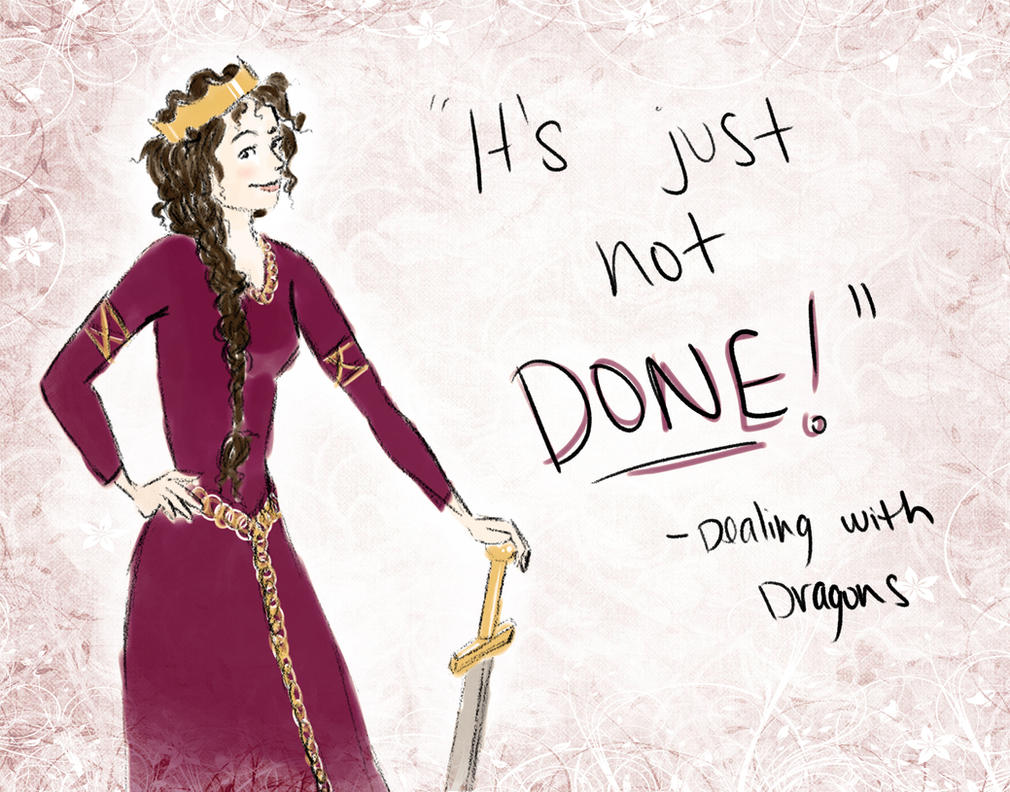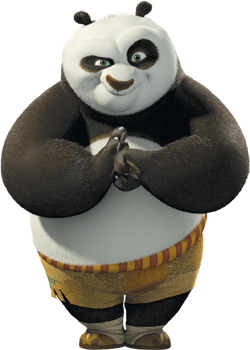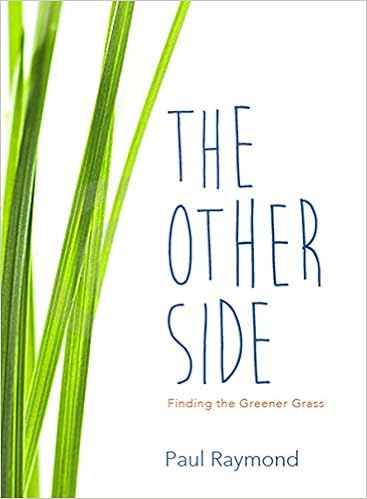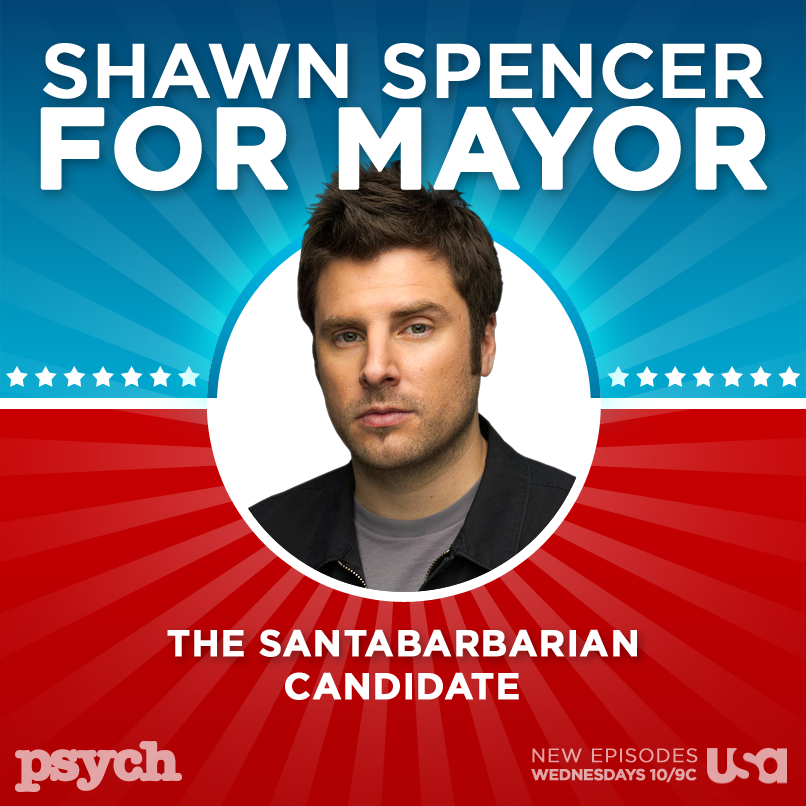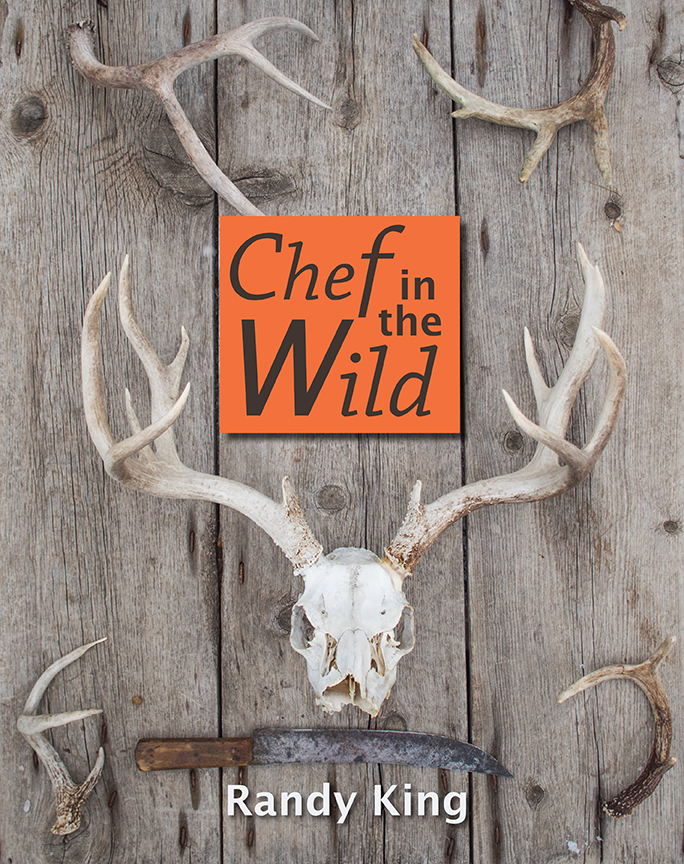 The day I tried to Google "average length of a letter" and found only results related to cover letters and font sizes, I realized people don't write letters anymore. I knew it was rare, but this was something else.
The day I tried to Google "average length of a letter" and found only results related to cover letters and font sizes, I realized people don't write letters anymore. I knew it was rare, but this was something else.So let me tell you about letter writing and maybe you'll give it a try. Everyone loves receiving letters in the mail.
Some logistics:
- Putting an address on the letter itself is optional.
- Putting the date on the letter itself is also optional.
- Salutations (e.g. Dear ___,) can be anything you want, or even skipped altogether.
- Sign it at the bottom ... but make sure it's legible, or else the envelope makes it clear the letter came from you. Signing it tells the person who you are and that you are finished.
- P.S., or post script, was created back in the days before erasers or the delete key. They were used if you had forgotten something but had already added your signature at the bottom. Not really needed anymore unless you are joking around or it's some stylistic choice.
- As far as I can tell, there is no average letter length. Write until you finish up. When my husband was serving a mission for The Church of Jesus Christ of Latter-day Saints, I tended to write him ten-page letters. I've also written my share of one-page letters.
- Use paragraphs. It makes reading easier.
- Doodling in the margins is fine, depending on who the recipient is.
- Letters can be sent through the mail, email, Facebook, or any other way you feel like.
With those things out of the way, how do you decide what to put in your letter? Some ideas:
- Is there a purpose to the letter? Make sure to include it. Sometimes it's easy to forget.
- What have you been filling your life with lately? Hobbies, work, family, vacations, etc.
- Tell some stories about what you've been experiencing. Include a funny one if possible.
- Think aloud: Write about what's been on your mind, ideas-wise or worries-wise.
- Ask questions. No letter is complete without them, and it makes a reply easier. Reply to any questions they asked you, if their letter came before yours.
- What would your recipient in particular like to hear about? Satiate their curiosity.
- Anything else you feel like talking about.
Writing letters really isn't much trouble, it just takes a bit of time and thought. Here is an example of a letter (abridged) I wrote to a missionary friend of mine while I was in college a few years ago:
December 11, 2012My Dearest Sister Rachel,
I figured that if I write this now, it might just reach you before Christmas. So merry Christmas, Rachel! I hope you are keeping warm and doing well. When you get a chance, you should let me know how Russia, the mission, your companion, and everything else is going.
I looked, and last time I wrote you was about a month ago. Thankfully (or not?) nothing incredibly important has occurred since then. Nothing to beat Shelby coming home, anyway. My last update from her (a week ago?) was that she is doing well. She is happy to be with family, that’s for sure. Other news…my roommate, Sarah, has had a series of surgeries and still isn’t done with doctors, but she dropped out this semester, so she doesn’t have to worry about schoolwork. She is in good spirits, and it amazes me. I think I would be a nervous wreck if my body was as messed up as hers is. ...
It’s Finals Week right now. I only have one real final; the others are just the last test of the class and the last is reciting a poem in French. That last one is what I get to do tomorrow morning. In my poetry (English; I took two poetry classes this semester) class, we had our biggest project around Thanksgiving. We put together portfolios of our best poetry and wrote an essay about three of our own poems and three of someone else’s. ...
Everyone keeps asking me if I have any big papers to write, but this semester has actually been pretty tame when it comes to papers. The most intense paper I had to write was actually for Honors credit in my Human Development course. My sister ... gave me access to some of her teenage journal entries and I compared them with a sample of my own, to see how we compared while in that phase of development. To be more precise, I was paying attention to how we started to develop a vocational identity – how we made money, how/if we balanced employment with school, and how we worked toward a future career. There is some debate amongst developmentalists right now about whether or not teenagers should be employed while attending high school. Some say it is good for them, because it expands their social circle and gives them professional/workforce experience. Others say employment inhibits their ability to perform to their full potential in school. ... When I finished, the paper was 20 pages long, including the title page, abstract, and reference page. I wrote an abstract simply because the paper was getting to be so long. Honestly, I enjoyed writing it. I think I even forgot about the time and stayed up until 2 a.m. working on it. I think that’s a sign that I have chosen to do the right thing with my life. If you forget time because you are doing what you love, then you are in the right spot. It wasn’t that I was enjoying the subject; I was just enjoying writing. ...
I’m going to go to bed now, and will write more tomorrow, I hope. Love you!
Love, Elizabeth





